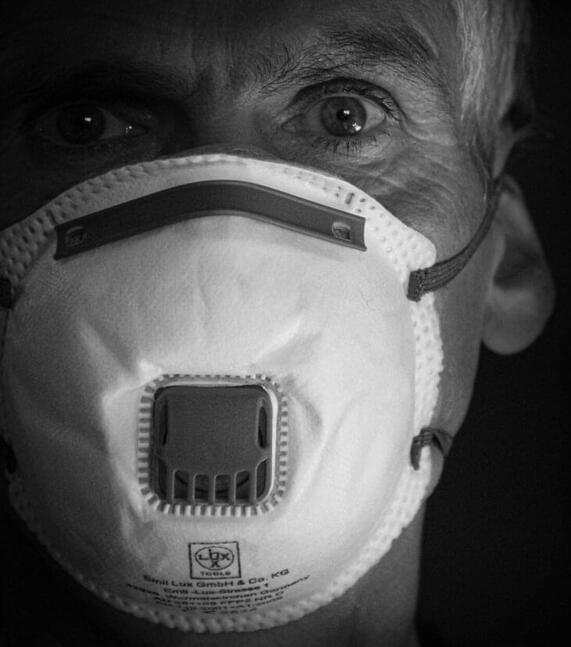When the novel coronavirus roared into the U.S., mental health took a back seat to physical health. The number one priority was making sure hospitals wouldn’t be overwhelmed and that as many lives as possible could be saved.
Schools closed, remote work became the norm, restaurants shuttered and getting together with friends was no longer possible. The news cycle spun with story after story highlighting the ever-increasing number of cases and deaths, while unemployment soared to levels not seen since the Great Depression.
Any one of these shifts could be expected to cause an increase in mental health issues. Put together, they created a a perfect storm for a crisis.
